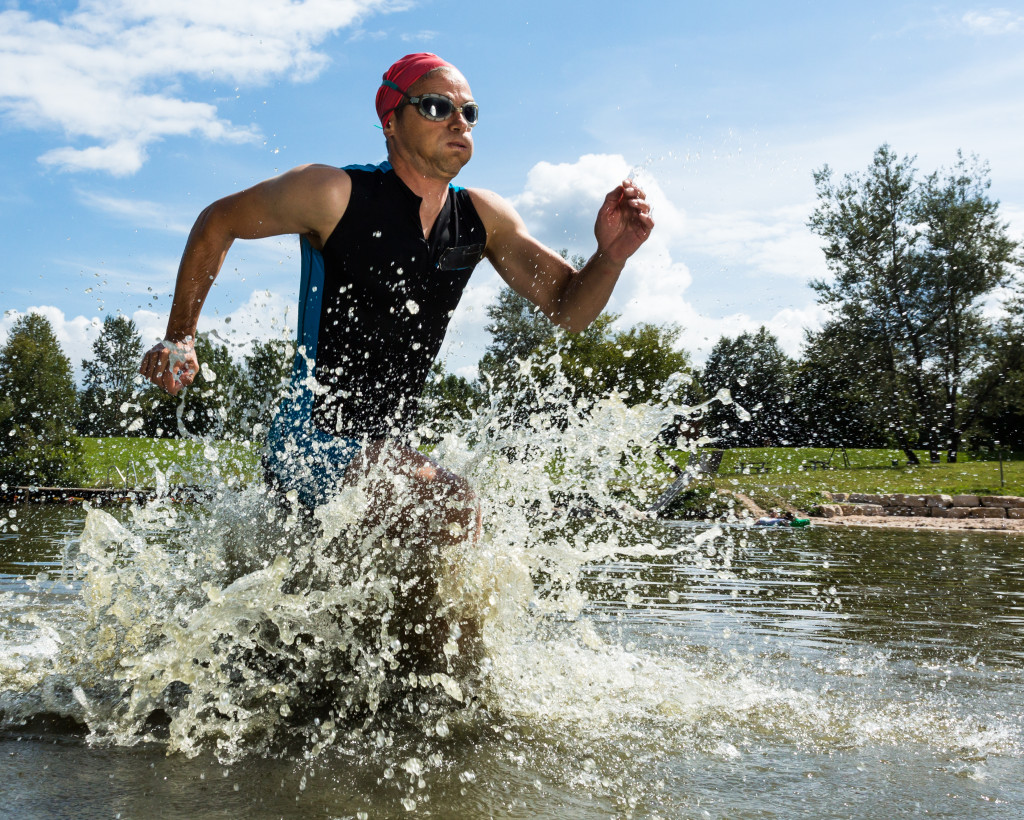- Eat a balanced diet and stay hydrated to ensure optimal performance during training.
- Get plenty of rest each night to repair tissue and reduce fatigue.
- Take naps or rest between workouts for additional benefits.
- Schedule regular medical checkups to monitor any signs of injury or illness.
- Manage stress by getting enough rest, eating a healthy diet, and engaging in relaxation activities.
Athletes and sports competitors often face an incredibly high injury or illness rate due to their occupation. Moreover, these individuals are exposed to seasonal weather conditions when competing outdoors. As part of the job, athletes may have to endure long bus journeys or plane rides as well as international travel – all this on top of the physical commitment necessary for success in their chosen field!
For athletes and sports enthusiasts, staying healthy during training is paramount. Consistent training will be key to your success, so you must take good care of your body as you train. Here are a few tips on how to stay healthy while training for athletics.

Eat Well and Hydrate
It’s no secret that what you put into your body affects how well it works. Eating healthy foods rich in vitamins and minerals can help keep your energy up while providing the nutrients necessary for optimal performance.
Balanced Diet
Eating a balanced diet with plenty of vegetables, fresh fruits, lean proteins, whole grains, and healthy fats can help fuel you through even the most challenging workouts. Additionally, staying hydrated throughout the day is essential for maintaining health during strenuous physical activity.
Proper Hydration
Drinking water throughout the day can help ensure that your muscles are functioning properly and that you have enough energy to complete your workout. Proper hydration can also help reduce fatigue, muscle cramps, and soreness. So make sure to always have a water bottle handy!
Get Plenty of Rest
Another critical factor in maintaining good health during intense physical activity is getting plenty of rest each night. Sleep helps repair muscle tissue essential for recovery after an intense workout session. Aim to get at least seven hours of sleep each night so your body can recover from the stresses of training each day.
Taking Naps
Taking naps or resting between workouts can also provide additional benefits by helping reduce fatigue and injury risk from overtraining or exhaustion. For optimal performance during training and competitions, athletes should consider taking naps of 20-90 minutes between 1:00 pm and 4:00 pm. A 30-minute window is recommended to reduce sleep inertia before physical activity.

Get Regular Medical Checkups
Regular medical checkups are essential for keeping track of any potential issues before they become too serious. During these checkups, doctors will evaluate any signs of injury or illness and suggest preventive measures such as stretching exercises or other activities to help manage existing conditions or prevent future injuries from occurring due to overexertion or overtraining.
Continuous Pain
Additionally, seeking medical advice if any pain persists during exercise or continues afterward should be considered a priority, as pain can be indicative of underlying issues such as muscle strain or knee inflammation, which should not be ignored. In this situation, you should look for a reputable professional specializing in knee sports injury treatment.
Therapy Sessions
Finally, it is crucial to periodically attend physical therapy sessions to help improve flexibility and strength and receive professional advice about stretching exercises that can help prevent injuries. Physical therapists can also guide the best way to perform certain activities to minimize the risk of injury.
Manage Stress Levels
For athletes, managing stress levels is essential for staying healthy while training. Stress is the body’s natural response to a challenging situation and can come physically and mentally. Excessive amounts of stress can lead to feelings of fatigue, depression, anxiety, and difficulty concentrating. This can have a serious impact on an athlete’s ability to perform.
Rest and Sleep
To manage stress levels, athletes should get enough rest and sleep. This will help the body and mind to recover from the physical demands of training. Additionally, nutrition is key in helping athletes reduce their stress levels; eating a healthy diet full of essential vitamins and minerals can help improve energy levels and concentration. Regular exercise, especially yoga, and meditation, can also help athletes reduce stress and relax their minds.
Relaxing After Training
Finally, athletes must take time out of their training schedule to relax. Taking the time to enjoy leisure activities that do not involve physical exertion can be a great way to manage stress levels. Going for walks in nature or listening to music can help athletes to relax and de-stress.
Following the tips in the article can help athletes stay healthy while training. These tips help athletes manage their stress levels, get enough rest and sleep, maintain a healthy diet, exercise regularly, and take time out of their training schedule to relax. Creating a balance between physical training and leisure activities can be beneficial for athletes in helping them stay healthy and perform at their best.

